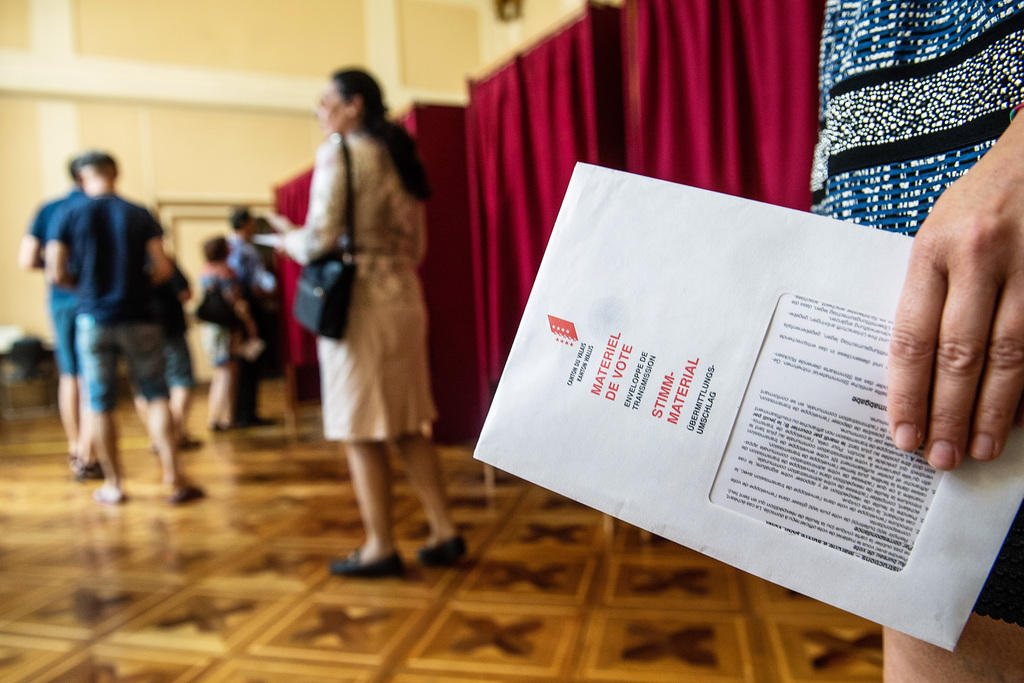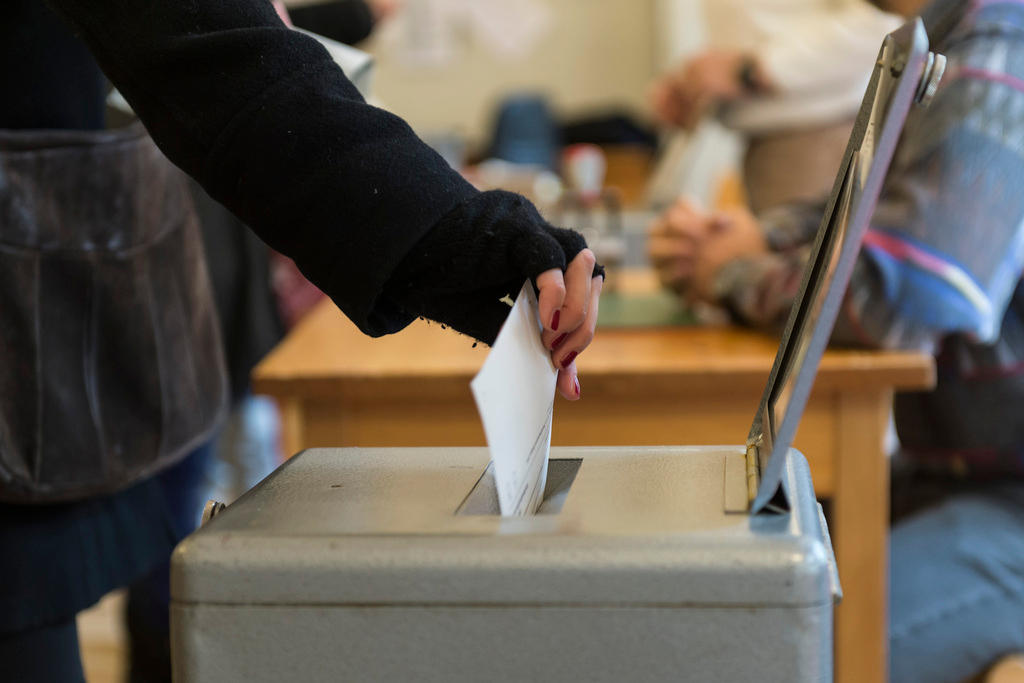
No need for transparency rules, says government

In a message to parliament on Wednesday, the Swiss government says it rejects a people's initiative calling for more transparency in political party funding, and sees no reason to legislate on the issue.
This comes in response to an initiative launched by parties including the Social Democrats, Greens and centre-right Conservative Democrats, along with the Swiss branch of Transparency International. The initiative calls for parties to publish the origin of all donations over CHF10,000 ($10,290). In addition, individuals and committees who donate more than CHF100,000 to a campaign – or more than CHF10,000 per person – would have to declare the total amount they have donated and where it all came from. Accepting anonymous donations would be illegal.
+Read more about the initiative for more transparency
But the government says these rules would be hard to reconcile with the particularities of the Swiss political system, such as federalism and direct democracy. The system means political forces control and counter-balance each other, Justice Minister Simonetta Sommaruga told the media.
This is despite repeated reprimands to Switzerland from the Council of Europe for opaque political party funding. Switzerland is the only member of the Council of Europe Group of States against CorruptionExternal link (Greco) that has not introduced legislation at national level with rules on transparency.
The cantons of Ticino, Geneva and Neuchâtel have adopted their own rules, while Schwyz and Fribourg have agreed to hold a popular vote on similar rules.

More
Switzerland reprimanded for opaque political financing

In compliance with the JTI standards
More: SWI swissinfo.ch certified by the Journalism Trust Initiative































You can find an overview of ongoing debates with our journalists here . Please join us!
If you want to start a conversation about a topic raised in this article or want to report factual errors, email us at english@swissinfo.ch.